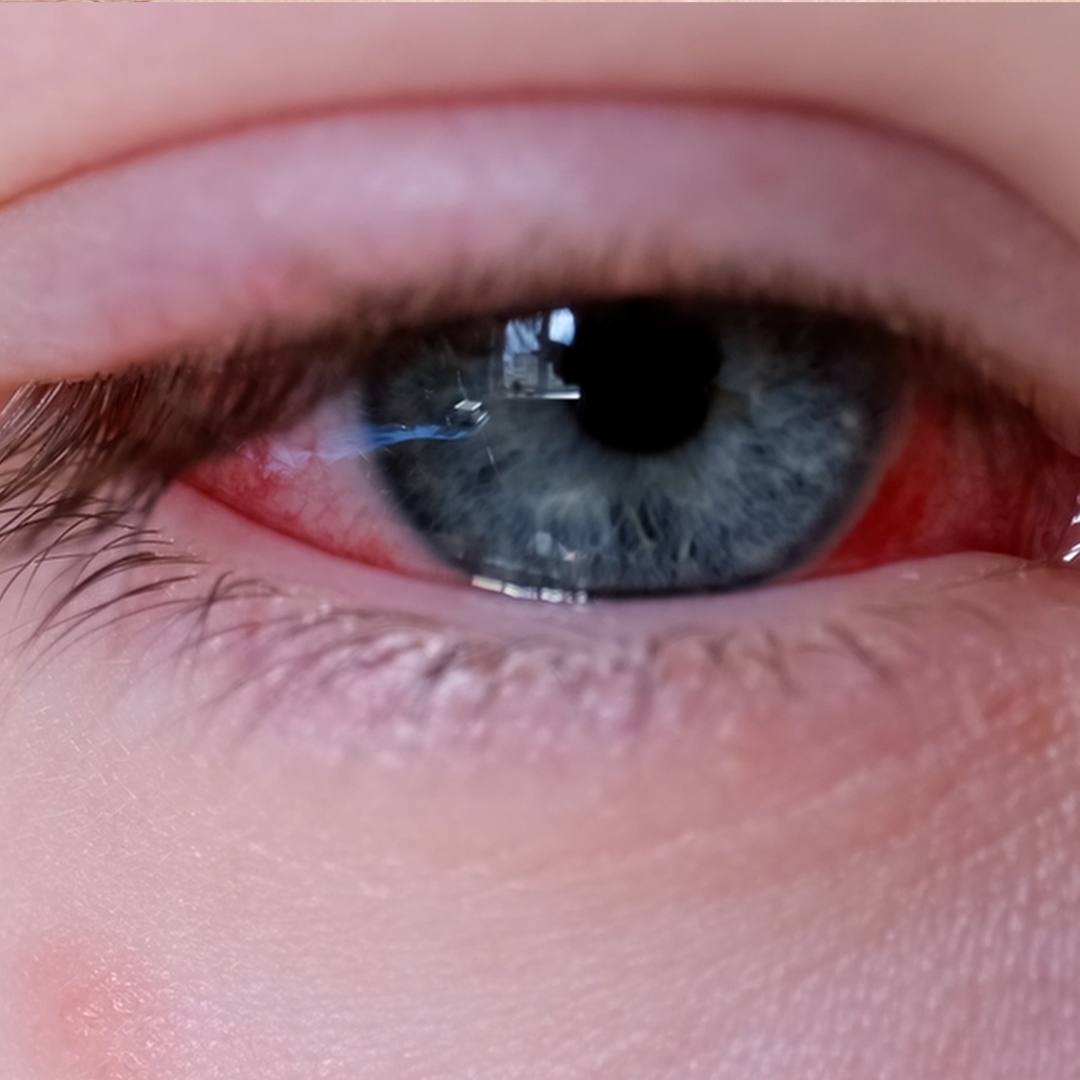-
Health & Wellness
Tuesday Q & A: Bed-wetting common in children — especially boys — even after age 5
DEAR MAYO CLINIC: My 7-year-old son wets the bed most nights. He does not have accidents during the day. I’m wondering if I should have him seen by a physician or if this is considered normal for some children.
ANSWER: Bed-wetting is very common in children, especially boys. The problem typically improves over time and often disappears around the time children turn 5. At your son’s age, it would be a good idea to take steps at home to help reduce bed-wetting. If that does not help, make an appointment for your son to see his doctor.
Bed-wetting affects about one of every four children at age 5, one in five children at age 7, and about one in 20 at age 10. Boys make up two-thirds of this group. Often there is a family history of bed-wetting. The reasons for bed-wetting are not fully understood. But it may be related to the time it takes for a child’s body to develop the nerves and muscles that control the bladder during sleep. Bed-wetting generally is not associated with other physical or emotional problems, though emotional distress sometimes may be related to bedwetting that recurs after a child has been dry for some time. Bed-wetting also may be associated with constipation when hard stool in the rectum puts extra pressure on the bladder.
If a child begins to have accidents during the day and at night, it may signal a urinary tract infection or a bladder or kidney problem. Less commonly, it could be an early sign of diabetes. From your description, this does not seem to be a concern in your son’s situation.
To help your son decrease bed-wetting, try the following steps. First, emphasize that bedwetting is common, and it is not his fault. Second, make sure he does not drink any liquids two hours before bedtime. Third, reward him if he has a dry night. Never punish a child for bed-wetting.
You could also consider using a moisture alarm. These small, battery-operated devices are available without a prescription at most pharmacies. They connect to a moisture-sensitive pad on a child’s pajamas or bedding. When the pad senses wetness, the alarm goes off. Ideally, the moisture alarm will sound just as your child begins to urinate — in time to help him wake, stop the urine stream and get to the toilet. If you try a moisture alarm, give it plenty of time to work. It often takes at least two weeks to see any response, and up to 12 weeks until there are completely dry nights.
If bed-wetting continues on a regular basis after you have tried these measures, then take your son to see his doctor to make sure an underlying medical problem isn’t causing bed-wetting. If the doctor suspects a medical problem, he or she may do urine tests or other tests. Most of the time, though, the problem is not connected to another medical concern.
As you work with your son at home, if you notice any of the following symptoms, contact his doctor: unusual straining during urination; a very small or narrow stream of urine, dribbling after urination, cloudy or pink urine, bloodstains on underpants or nightclothes, redness or a rash in the genital area, and/or daytime as well as nighttime wetting. If your son hides wet underwear or bedding to conceal wetting, talk to his doctor about ways you may be able to help your son feel less anxious about bed-wetting.
Rarely, prescription medication may be used to control bed-wetting. Medications are available that can slow nighttime urine production, calm the bladder and help modify a child’s sleep cycle pattern. These medications do not cure bed-wetting. When a child stops taking them, the bed-wetting typically comes back.
Keep in mind that the vast majority of children eventually outgrow bed-wetting. Often, all that is needed is time, support, understanding and patience. — Esther Krych, M.D., Pediatrics, Mayo Clinic, Rochester, Minn.







